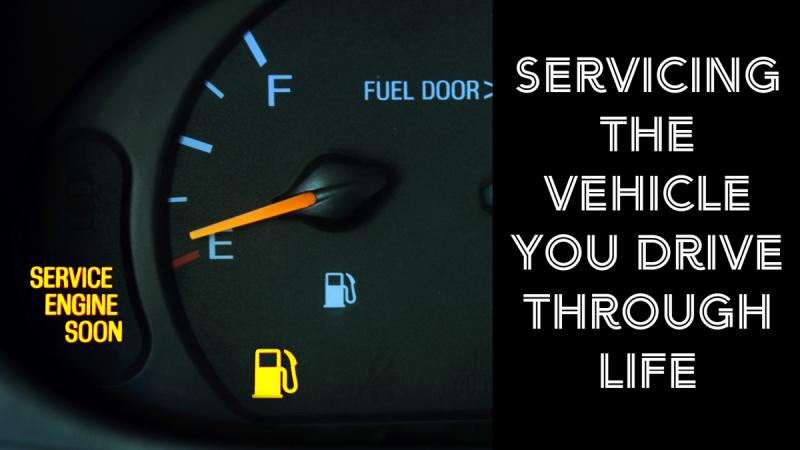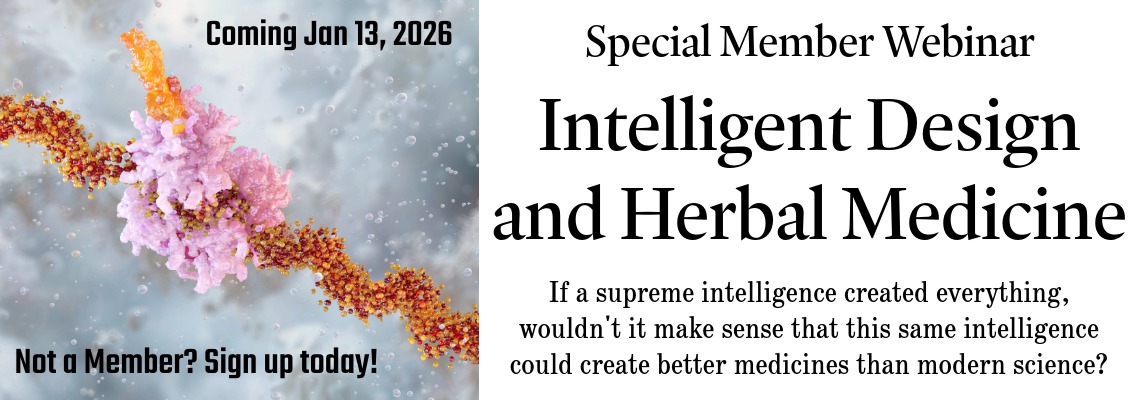
Last Monday, a yellow warning light appeared on my dashboard. It said "Service engine soon." But, the car seemed to be running fine and I was busy, so I decided to wait to have it checked out.
However, as I was driving on the freeway Wednesday morning, a bright red warning flashed on the dashboard. This time it told me my engine was overheating and I needed to shut it off. Alarmed, I pulled over at the next exit.
When I opened my hood, it didn’t look like my engine was overheating. Everything appeared to be fine. Still, I decided to wait for 15 minutes and see if I could drive it the rest of the way into town so the shop could look at it. But, after restarting the car and driving for just a few miles, the light came on again. Not wanting to risk damaging the engine, I decided to call for a tow truck. Fortunately, this time, it turned out to be a faulty thermostat.
This doesn’t happen to me much anymore, since I started making sure my car has regular oil changes along with the manufacturer's recommended maintenance schedule. But, before I did that I often didn't realize something was wearing out until the car actually broke down.
Symptoms as Indicators
This incident made me think about the many times I’ve likened disease symptoms to those warning indicators. Symptoms aren't the problems in and of themselves. They simply tell us something needs attention. Pain for example warns you that body has been injured. Indigestion may warn you that you're overeating or eating the wrong foods. Trying to get rid of the symptoms without identifying the cause is like trying to shut off the warning light without finding out what's wrong.
But, this weekend I started thinking that there's more to the analogy than this. When I get into my car, the car becomes an extension of me. I’m driving it and using it as a tool to get from place to place, but the car is not me. It's simply a tool I use. It will be a reliable tool if I take good care of it, but won't be if I ignore its proper maintenance.
I think of my body in a similar way. I'm not my body. My body is the vehicle that carries my soul. If I take good care of my body, it will get me where I want to go. If I neglect it, it will activate warning indicators (symptoms) to get my attention. If I don't pay attention to these and respond to its needs, it will eventually breakdown.
A Self-Repairing Machine

There is a big difference between a car and the human body. The body is designed to be self-repairing while a car is not. If my car is in an accident, it can't repair itself. I'll have to take it to a shop for repairs. In contrast, when my body suffers a minor injury, it is able to repair the damage itself. I can assist the process, but I can't make the actual repairs. They're made for me without my conscious thought. I find it rather amazing to think about it.
However, just like a car, your body needs maintenance. You have to take care of it. Fortunately, if you listen, your body will tell you how. Just as your car has a gauge to tells you when you're low on fuel, your body has an indicator called hunger to tell you when you need food. Other indicators tell you to drink when you're thirsty, sleep when tired, and exercise when restless. And again, according to its amazing design, your body also rewards you for taking care of its needs with another indicator called pleasure.
As part of its maintenance, a car needs certain parts replaced at regular intervals, such as belts, batteries, hoses, spark plugs and brake pads. Your body, on the other hand, performs these replacements automatically. As long as you're taking good care of it with proper nutrition, rest and exercise, it automatically rebuilds itself, repairing and replacing worn-out parts. It also adjusts to the demands you place on it. When you exercise, for example, it rebuilds your bones and muscles to be stronger.
In fact, experts say the body rebuilds itself completely about every seven years. That's incredible because you're still you, but the vehicle you operate in this life isn't the same one you had seven years ago. It's been completely rebuilt.
So Why Do We Breakdown as We Age?
This all begs the question if the body is capable of this kind of self-maintenance, why do we age? I think it's the same reason I used to experience more frequent breakdowns with my car. The reason most of us experience illness rather than good health is because we fall short of our potential. We end up neglecting routine maintenance and ignore the warning indicators that tell us when our bodies need help. Something inside us knows we should be taking better care of ourselves, but we ignore it.
I'm a perfect example of this. I’m overweight and have been for at least 20 years. I'm very good at making excuses for myself, like telling myself I am healthier than most people I know who are my age. But, when I'm radically honest with myself, I know that I'm not living up to my full potential. My belly is clearly telling me, “you can do better than this!”
In my years of helping people to improve their health, I've discovered people often know what's making them sick, but they aren't doing anything about it. They know they should be exercising or eating healthier, but they aren't. Why?
The answer lies in their mental attitudes, their beliefs about themselves and their lives. That's why the first, and most important, step to regaining and maintaining health is to believe you can get well. If you believe your disease is incurable, you won't even try to cure it. You'll be content with any kind of symptomatic relief. Furthermore, even if you believe you can be healthier, you won't try if you don't believe you can succeed in changing your diet or lifestyle. You'll keep doing the same things you're doing and will continue getting the same results.
You Are The Driver
 I think it is important to understand that you are the driver and your body is the vehicle. As the the operator, you're responsible for the care and maintenance of this vehicle you've been given.
I think it is important to understand that you are the driver and your body is the vehicle. As the the operator, you're responsible for the care and maintenance of this vehicle you've been given.
Many people have a hard time breaking free of the mindset that disease is something that is attacking them from without. The truth is that most disease is developed from within through bad health habits, which reflect a lack of self-care. With the exception of genetic disorders and injuries, pretty much all chronic and degenerative disease is just a sign that you haven't maintained your vehicle and the discomfort is trying to prompt you to make appropriate changes.
Always remember that your vehicle has an innate capacity for self-repair and will give indications when it needs support and maintenance. You just have to start paying attention to the warning lights. When they come on, it is a sign that you need to change your habits from ones that make you feel bad to ones that make you feel good.
I contemplated all this while I was working on my upcoming book, Strategies for Healing and I look forward to sharing more about this approach to health and healing when it is released. But you can start today by recognizing that the you're not your body. It's just a vehicle you're operating. Start believing that you have the capacity to take care of it and that it has the capacity to heal itself when you do. Once you realize this, you're on your way to truly understand how natural healing works.
Steven's Articles
-

-
The Sensible Use of Caffeinated Herbs
Kola nuts, guarana, and yerba mate and other herbs…
-

-
The Health Benefits and Problems with Coffee
This popular caffeinated beverage can be beneficial…
October
-

-
Understanding Caffeine & Cellular Adaptation
Preserving the power of caffeine's buzz and the…
September
-

-
Horseradish
A pungent spice for aiding protein metabolism…
-

-
Banaba or Crepe Myrtle
A beautiful tree from Southeast Asia whose leaves…
August
-

-
Monkeyflowers
Flower essences to help see ourselves more clearly…
-

-
Mariposa Lilies
Strengthening the bond between mother and child…
-

-
The Noble Bay Leaf
A common kitchen herb for aiding digestion and…
-

-
Epimedium: Horny Goat Weed
A circulatory stimulant and kidney yang tonic…
July
-

-
The Medicinal and Nutritional Benefits of Apricots
A nutritious fruit and valuable medicinal seed for coughs
-

-
Dogwoods
Asian dogwood is used to stop excessive discharge,…
June
-

-
Neem: The Village Pharmacy
A popular Ayurvedic remedy for dental and immune…
-

-
Spilanthes: The Toothache Plant
A traditional remedy for teeth and gums, as well…
-

-
Forsythia
An anti-inflammatory, fever-reducing, and infection fighting herb
May
-

-
Buckwheat (Kashi)
A delicious, high protein, gluten-free, gut-healthy food

